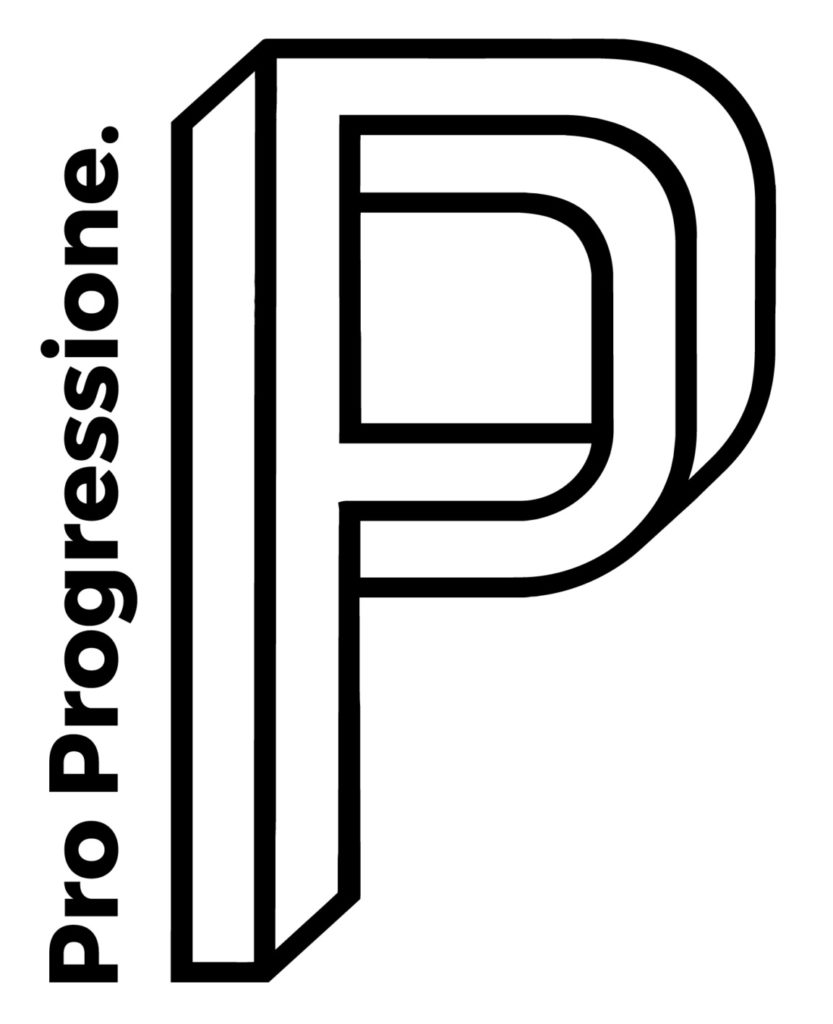ATLAS
ATLAS
Inês Costa & Thiago Liberdade
Audiovisual Installation – 2024
About the artwork
Atlas is an artistic project that brings together research, design and the visual arts and aims to contribute to broadening image literacy and public discussion about Portugal’s colonial past. With a focus on “the discoveries” and five symbols associated with them, brought together in an multimedia installation of five audiovisual works. From the ships that sailed the atlantic sea, to the cross held over our heads, the sugar plantation and its violence to the flag and what it represents today. This artistic research project mixes past and present in search of a place where normative and oppressive conventions can be dismantled.
The creative process
“ATLAS” is a project that is the result of ongoing theoretical and practical research that began four years ago. From collecting colonial and racist objects to experimenting with the creation of new visual objects that propose new narratives, the project has grown and metamorphosed. Our work focuses above all on how the image, the icon, the symbols around us help us to construct our reality and how this reality is distorted by the abuse of power and manipulation of these images and of history, on the part of rulers and large private companies. That’s why we’ve selected 5 symbols: the caravel, the cross, sugar, the flag and the atlas. These symbols represent much more than meets the eye and it is through them that we propose a series of critical video essays that focus on the construction of Portuguese identity around the myth of the “discoveries”. Using real footage, cut-outs and animation we have constructed a new atlas of the history of transatlantic trafficking.
About the artists
pedro&ines (Porto, 2021) is a Portuguese-Brazilian artistic collective formed by designers and researchers Inês Costa and Thiago Liberdade that seeks to establish connections between image, memory and fiction. Based in Porto, they have been working collaboratively since 2021, developing visual communication for the cultural sector and personal artistic projects that aim to reflect on the material and symbolic colonial heritage of their countries. Through processes of affabulation and friction, they use graphic design and audiovisuals as a paradigmatic counter-narrative, with the aim of establishing points of dialog and relational reflection on the image, as well as its role in the construction/deconstruction of narratives. They are the co-funders of the Design & Coloniality book club that had two open sessions so far (Porto, 2023). Learn more














